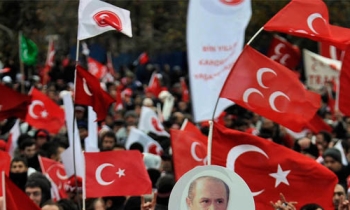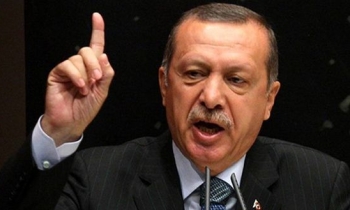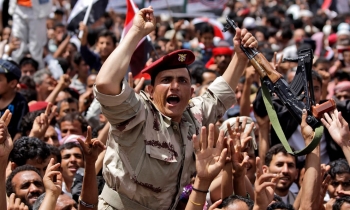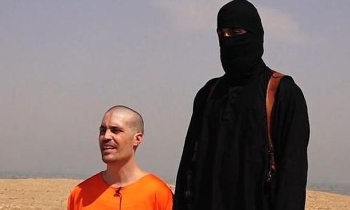A Sierra Leonean editor jailed for writing articles attacking the president has had his sentence quashed, BBC reported. Paul Kamara, who had been convicted for seditious libel in October 2004 and sentenced to two years' imprisonment, was freed Tuesday night after the Sierra Leone Appeals Court overturned the verdict of the High Court.

"My release is a victory for the free press in this country," Kamara told BBC after the appeal's court decision. "Imprisonment has not broken my spirit to publish the truth or stand for the people's right to know," he said on his release. BBC's Lansana Fofana said his case had generated wide public interest with pleas from media rights groups worldwide demanding his release.
Kamara, 48, was convicted of "seditious libel" for articles criticising President Ahmad Tejan Kabbah. Kamara was convicted on October 5, 2004, and sent to Pademba Road Prison in the capital, Freetown, to serve a two-year sentence.
Kamara, editor and publisher of the independent daily For Di People, was convicted of two counts of seditious libel under the 1965 Public Order Act. The charges dated from October 2003, and stemmed from articles in For Di People alleging that President Kabbah was a "convict" and constitutionally unfit to hold office. The articles focused on a 1967 Commission of Inquiry report that allegedly implicated Kabbah in embezzlement of public funds.
Kamara, who also serves as chairman of Sierra Leone's National League for Human Rights, has been jailed, threatened, and shot at point-blank range a number of times for his staunch defense of independent journalism and advocacy of democracy.
Harry Yansaneh, the editor who stepped in to head For Di People, died in July this year, two months after being brutally beaten in an attack allegedly ordered by member of parliament Fatmata Hassan. An inquest found that the attack contributed to his death from kidney failure, and the magistrate ordered the arrest of Hassan and two others. They were released on bail after a brief detention.
Before the attack Hassan was seeking to evict For Di People and five other independent newspapers from the offices they had rented from her family for many years. For Di People's offices were also vandalised. The Sierra Leone Association of Journalists (SLAJ) had last month urged asked the government to implement without delay the recommendations of the committee that investigated the death of Yansaneh by bringing suspects named in the report to trial.
Earlier this month, attorney-general and justice minister, Fredrick Carew, told SLAJ members that the appeal hearing of Kamara would start November 9. Carew said he had received a notification for the appeal to go ahead and added that before this time he refused to take the necessary steps for the appeal to be granted. "It was now left with me to ask for a personal plea from President Kabbah to exercise his prerogative of mercy on Kamara," he said.
Carew also said that the government had set up the inquest (in Yansaneh's case) as prescribed by the laws of Sierra Leone. "The outcome of it should not be based on opinion or interest," he said, and noted that his ministry had not received any "legally prepared deposition" and that the coroner's whereabouts were unknown.
The 1965 Public Order Act has been repeatedly used against journalists in Sierra Leone. On May 24 this year, criminal charges were brought up against two journalists of the weekly newspaper Trumpet. Managing editor Sydney Pratt and reporter Dennis Jones were arrested and held at the criminal investigation department (CID) office in Freetown, where the paper is based.
Both were charged with "seditious libel" under the 1965 Public Order Act, which local journalists have long struggled to have removed from the books. Local journalists told the New York-based Committee to Protect Journalists (CPJ) that the charge stemmed from an article published in the May 24 edition of Trumpet headlined "Kabbah Mad over Carew Bribe Scandal." The article, citing an unnamed source, said President Ahmad Tejan Kabbah was angered by earlier reports alleging that Carew had accepted bribes.









